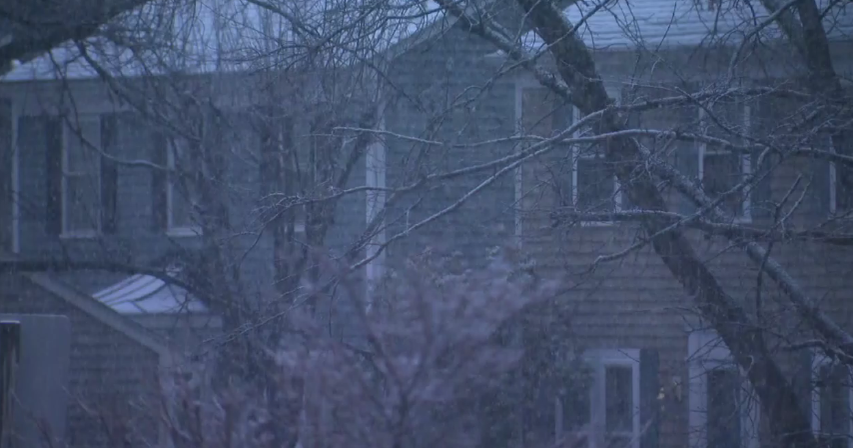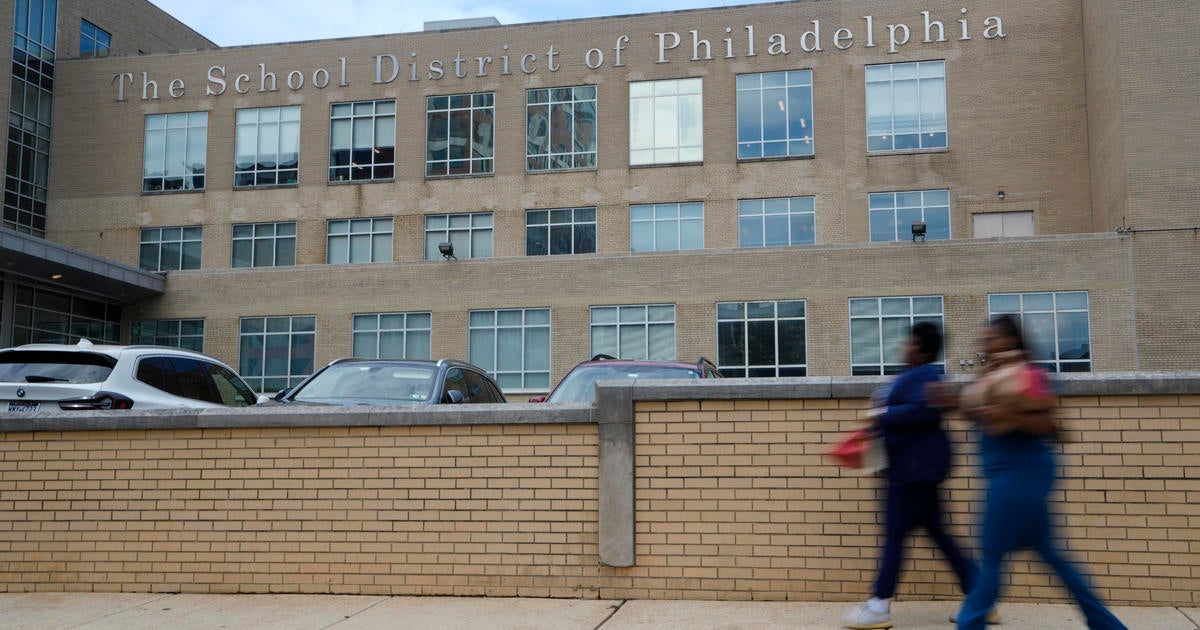Maryland expert says climate change behind strength of recent storms
BALTIMORE -- Dr. Fernando Miralles-Wilhelm, the president of the University of Maryland Center for Environmental Science, says major storms have become more frequent over the past 20 years because of climate change.
"It's not just the number of storms that make it into hurricane status, it's how strong they get along the way," Miralles-Wilhelm said.
Hurricane Milton made landfall in Florida as a Category 3 storm Wednesday night, leaving behind a path of destruction.
"Milton was a great example of a storm that went from zero to 60 in 90 seconds," Miralles-Wilhelm said.
Milton followed Hurricane Helene, another dangerous hurricane that struck multiple states in the southeast as a Category 4 storm.
Climate change
Miralles-Wilhelm said both Helene and Milton reflect a dangerous pattern caused by climate change.
He said those back-to-back storms were very strong and damaging. Their strength comes from warm ocean temperatures which provides more energy.
"Think about the energy," Miralles-Wilhelm said. "It's mixing right. It's like you're stirring the pot. So, what's happening is that the ocean is warmer. These pots are getting stirred faster and then these storms take off and become stronger."
Miralles-Wilhelm said it's an issue that won't disappear anytime soon and it's likely we will see stronger hurricane seasons in the coming years.
Adapt to changing climate
To prepare for future storms, Miralles-Wilhelm adds everyone must adapt to the changing climate.
"For example, ways to control flooding or prevent flooding from happening in critical areas," he said. "Building infrastructure that is more wind resistant, that's more flood resistant."
Miralles-Wilhelm said there's a lot of value in promoting greener practices to slow the effects of climate change.
"These measures are necessarily going to have to be long-term," he said. "This is not something you do this year and then next year, you're going to see results. This is a multi-year, multi-decades type [effort]."
Miralles-Wilhelm said at the same time, shorter-term efforts must take place like flood mitigation and the development of resilient infrastructure.







